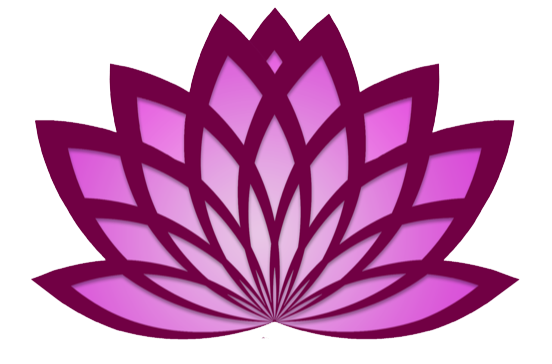
Thanksgiving may have passed, but that doesn’t mean it’s too late to talk about gratitude.
Why?
Because gratitude is key for anyone with an anxious attachment pattern to help them communicate. It helps us connect with our partner in healing ways, and helps us not get stuck in negative cycles.
If attachment patterns aren’t familiar to you, I urge you to start here, where I explain where these patterns come from and how they show up. If you are familiar with the patterns, then pour a cuppa tea and settle in to learn about one of my favorite techniques.
As I wrote about in my book (skip to chapter 7 for an in-depth discussion of attachment styles), I have an anxious attachment style. But this doesn’t mean I always show up as anxious because I’ve done a lot of work and experienced a lot of healing. Now, when these anxious or avoidant feelings show up, I can usually spot them right away.
An Example
Say, for instance, my partner doesn’t show up for something and I really wanted him to be there. He communicated to me that he couldn’t make it, and he had good reasons why he couldn’t make it, but STILL, I feel hurt. Yes, I have other friends who could be there for it, but he’s my partner! I want HIM there!
Does this sound familiar to you?
I’ve learned enough over the years that when these feelings come up, they’re often because of the attachment wounds that I experienced as a child. So even while I’m feeling the hurt, I can usually take a little step back and remember:
“Oh, my hurt feelings are not about Daren not being there. This is just my anxious attachment pattern rearing its ugly head.”
It doesn’t magically make the hurt go away. I might still feel rejected or hurt. But I can identify that the rejection and hurt stems more from my past trauma than whatever just transpired between me and my partner.
So, one of the tricks I’ve learned is that when these feeling show up, I can take a pause. In the pause, I can remind myself that it’s part of an old pattern and then hit a re-set button, of sorts.
That Button is Gratitude.
I start by reminding myself of all the times my partner HAS shown up for me. I play a little mental movie of the times he brought me soup when I was ill. Then I remember the time when he dropped everything to come over and build a fence to keep a mama bear out of my hot tub. (He really did!)
Remembering all the times that my partner did all the wonderful things that I cherish him for puts me in a better, more regulated emotional state. And from that place I’m better able to think and act.
Then, when I communicate to my partner about my hurt feelings, I don’t lead with the hurt. Instead, I lead with gratitude.
“Daren, I really appreciate that so often, you make yourself available to me, and you really show up when I need you. That means so much to me. So when you [describe behavior], it really made me feel [describe feeling].”
Gratitude May Help Keep You Out of a Negative Cycle.
Often, when an anxiously attached person communicates hurt feelings to an avoidant attached partner, the partner’s response is to feel wounded themselves. They feel attacked, get defensive, and then pull away, either shutting down emotionally or lashing out with their own frustration. An avoidant attached person is likely to fear not being able to get it right, so when you communicate hurt to them, they often feel dejected and worthless.
Expressing gratitude may help prevent the two of you from slipping into that pattern.


It’s an impressive post. Thanks for sharing such a crucial content with each and everyone.